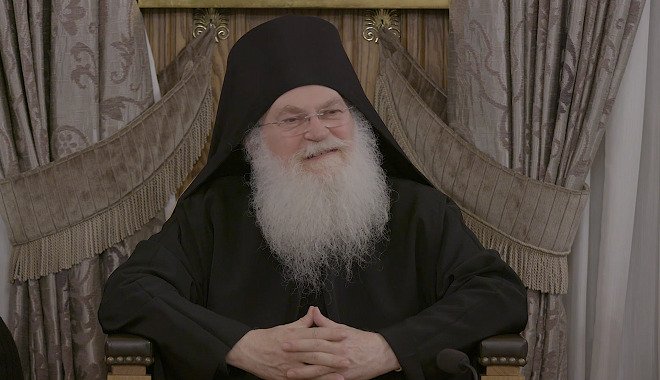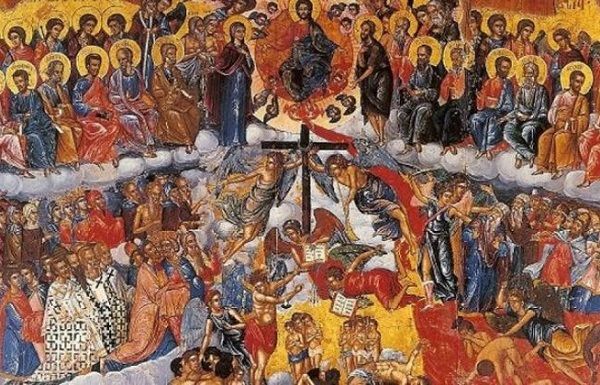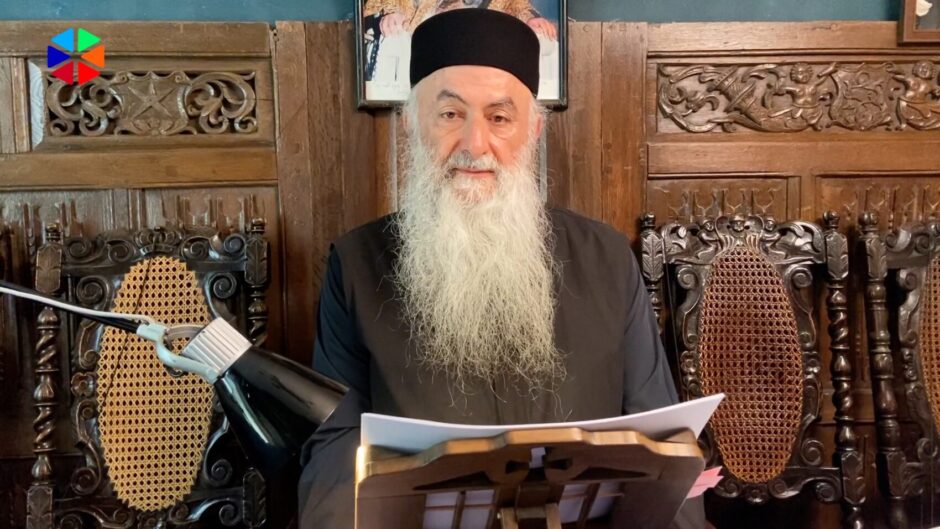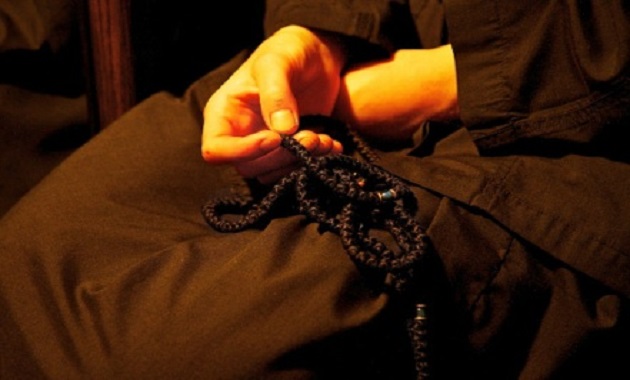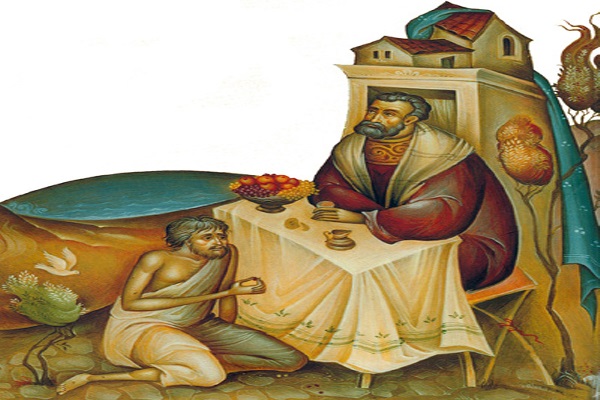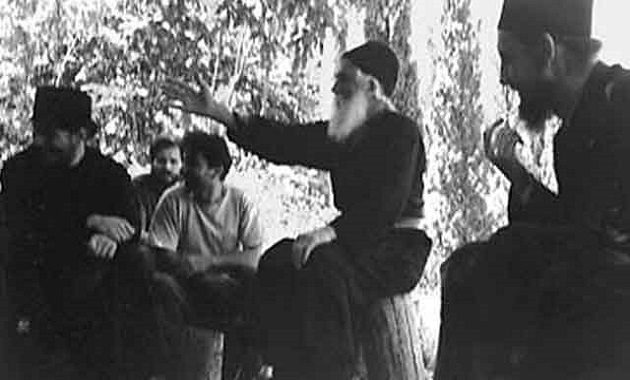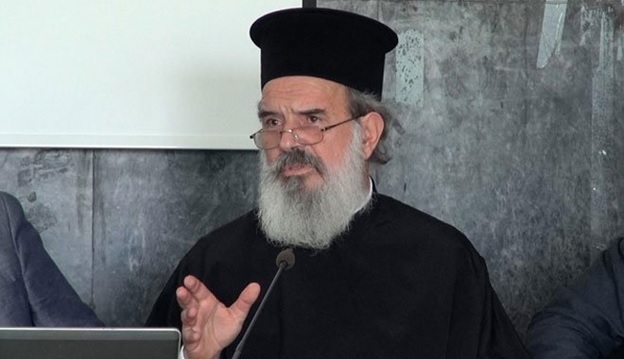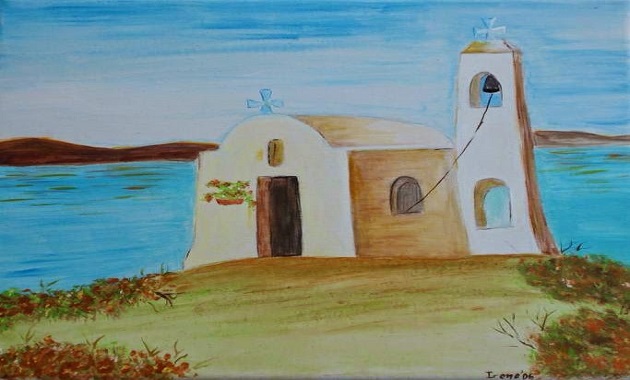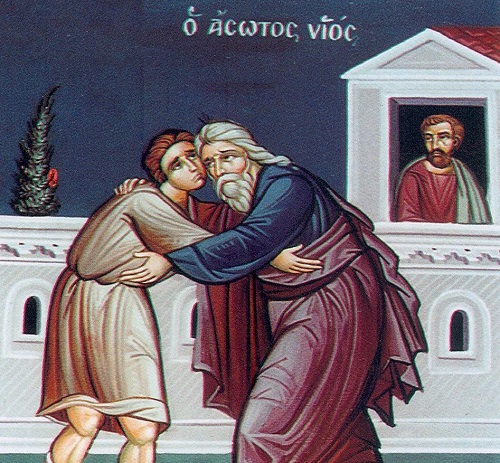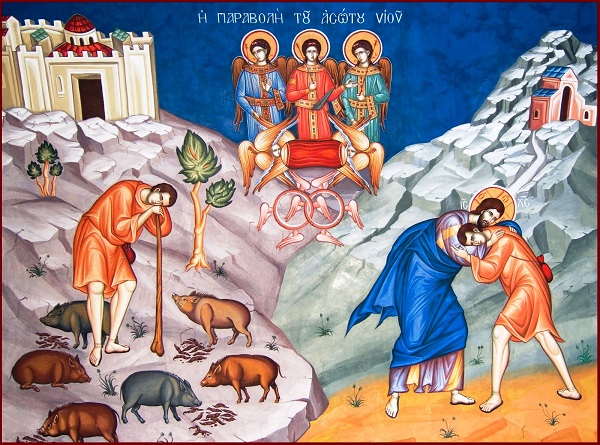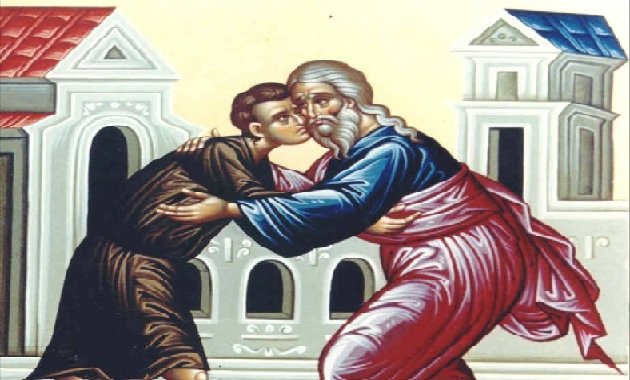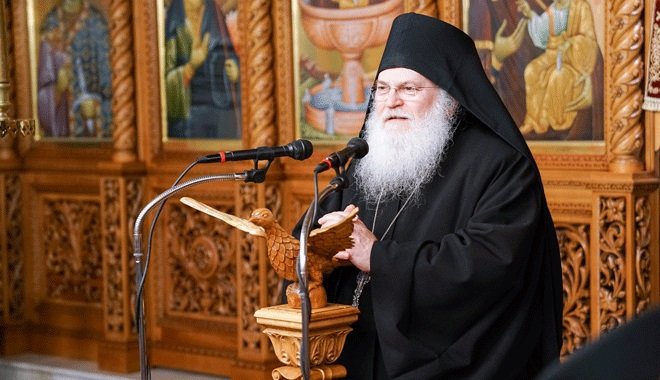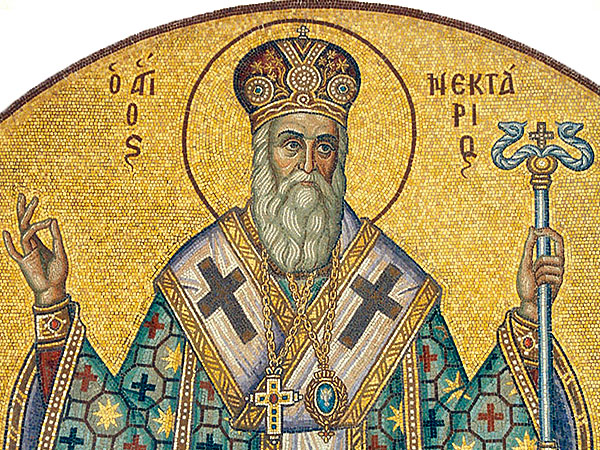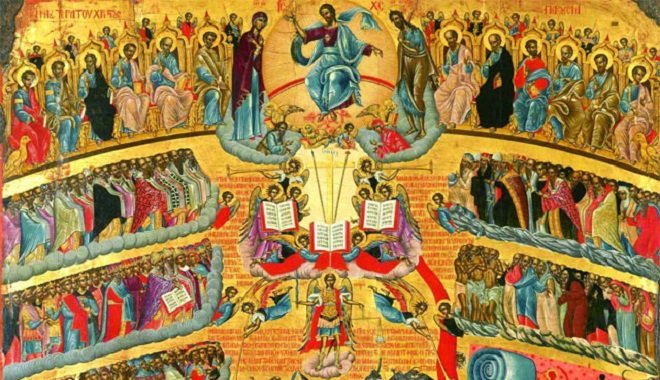
6. Do you see that those living for Christ are filled with inexpressible joy and courage over what will happen immediately after this, while those who live according to the flesh are filled with shame, pain and dejection? As Saint Paul declares: ‘God will repay each person according to what they have done. To those who by persistence in doing good seek glory, honor and immortality, he will give eternal life. But for those who are self-seeking and who reject the truth and follow evil, there will be wrath and anger. There will be trouble and distress for every human being who does evil’ (Rom. 2, 6-9). In the time of Noah, when sin had increased and held sway over almost ...

